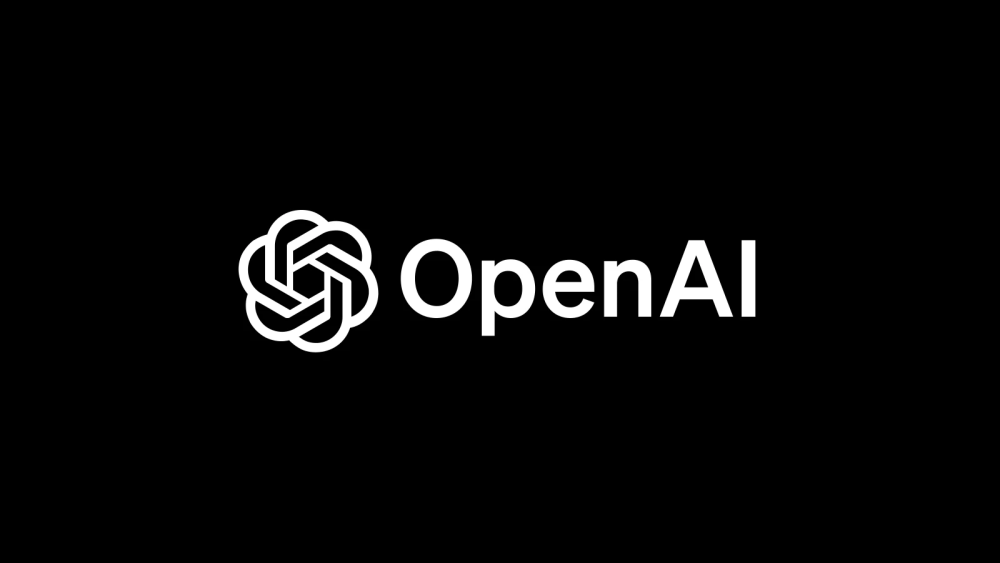The Motion Picture Association on Monday called on OpenAI to take “immediate action” to fix the copyright opt-out system on Sora 2, as knockoff videos proliferate online.
The MPA issued its first comment on the situation since the release of the video AI model last week, which allows users to create clips using copyrighted characters — and puts the onus on copyright holders to object.
“Since Sora 2’s release, videos that infringe our members’ films, shows, and characters have proliferated on OpenAI’s service and across social media,” said Charles Rivkin, the chairman and CEO of the MPA. “While OpenAI clarified it will ‘soon’ offer rightsholders more control over character generation, they must acknowledge it remains their responsibility – not rightsholders’ – to prevent infringement on the Sora 2 service. OpenAI needs to take immediate and decisive action to address this issue. Well-established copyright law safeguards the rights of creators and applies here.”
On Friday, OpenAI Sam Altman said that an update to Sora 2 will soon give copyright holders “more granular control over generation of characters.” But he did not guarantee that copyrighted material would be scrubbed from the platform.
“There may be some edge cases of generations that get through that shouldn’t, and getting our stack to work well will take some iteration,” he said in a blog post.
Sora 2 was introduced with the idea that creators could opt out if they object to having their characters or copyrighted work used on the site. Under copyright law, rightsholders can sue and obtain statutory damages for individual acts of infringement — regardless of whether the infringer offers an opt-out or not.
The MPA has made clear that the entertainment industry is not on board with the idea that an opt-out system absolves OpenAI from liability.
In June, Disney and Universal sued Midjourney for allowing its users to create infringing videos and still images on its site. Warner Bros. filed its own suit against Midjourney in September. Midjourney has fought back, arguing that AI training is “fair use” under copyright law, and that if users are infringing on copyrights, they are doing so in violation of the platform’s terms of service.

